8 Ideas We Spotted in the Transformed Stalin-era Apartment from 1953
Soft colors, carefully thought-out details, and inspiration from warm countries — all of this made the interior special
If you're looking for renovation ideas in an old house or simply want to add lightness and comfort to your interior, this project is a real treasure. In a 1953 two-room apartment, designer Yuri Vorobiev created a space where the romance of the South, practicality, and an author's approach blend beautifully together.
Here are 8 finds from this Stalin-era apartment that you can recreate at home — with minimal costs and a great result.
Inspiring yourself from what surrounds you (even if it's a parrot)
The owner’s pet, a green dwarf macaw, became an important symbol of the interior. Its tropical color and free-spirited nature influenced the choice of shades, patterns, and even layout decisions. The palette includes soft greens, wooden tones, and sand colors, while birds and plant motifs appear in textiles and decor.
 Design: Yuri Vorobiev
Design: Yuri VorobievReference to the pet makes the interior not only unique but also deeply personal — and this can be easily replicated by drawing inspiration from a favorite item, color, or route.
Don’t hide furniture — highlight its individuality
The kitchen cabinet was custom-made and combines two shades: light wood grain and pastel green. This is not only beautiful but also practical — the facades are easy to clean, and the tones don’t irritate the eyes even under bright daylight.
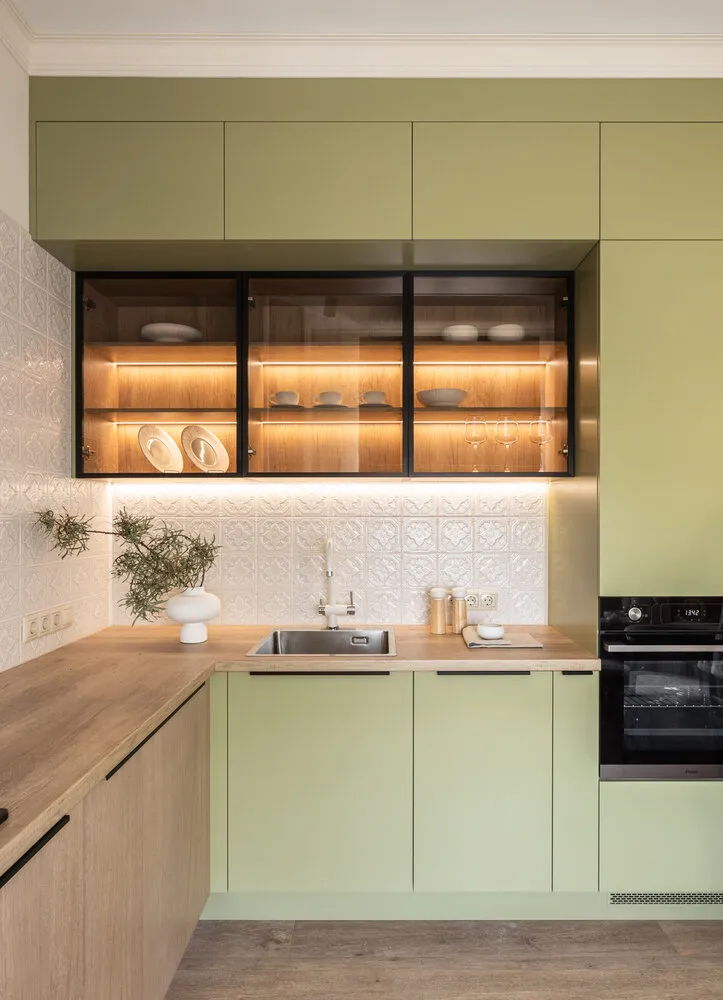 Design: Yuri Vorobiev
Design: Yuri VorobievThe upper cabinets with glass doors are enhanced with lighting that emphasizes the aesthetic of open storage. This makes the furniture not just functional but also part of the decor — like a display window in a cozy café.
Use prints that set the atmosphere, not overload
In the entrance hall, a bamboo print was placed: it immediately sets the right mood — here you want to slow down and breathe in the scent of humid tropical air. The decor replaces a painting, visually expands the space, and connects the entrance to other rooms through a shared natural theme.
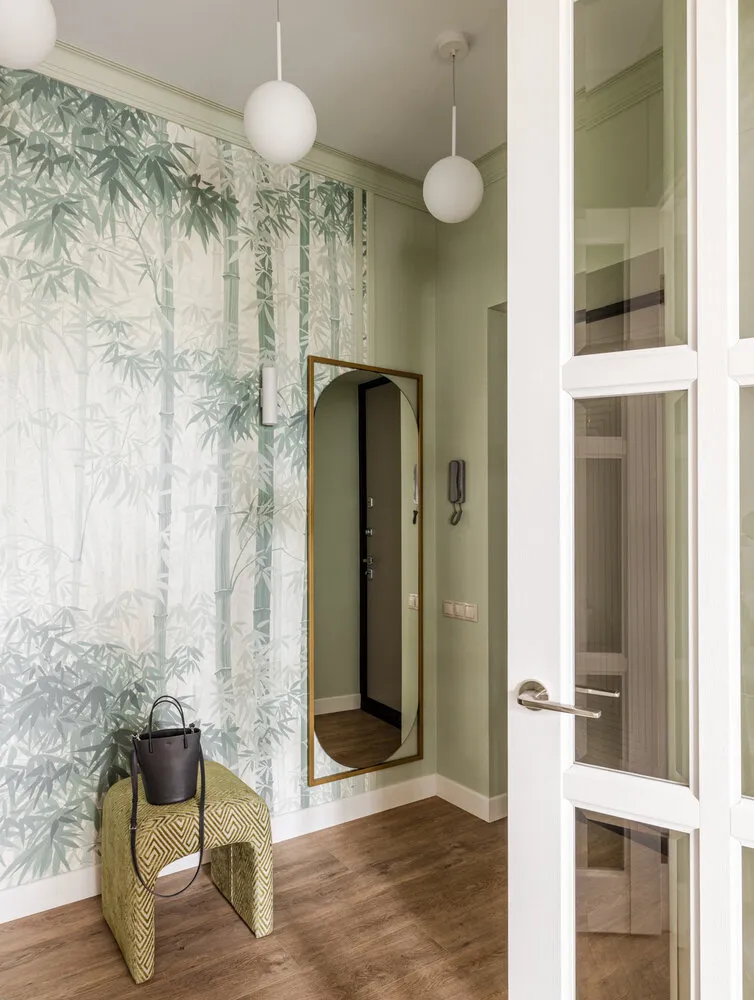 Design: Yuri Vorobiev
Design: Yuri VorobievBamboo echoes the shades of the cabinet and furniture upholstery, creating a unified rhythm. This is an example of how one striking detail can set the tone for the entire space.
Think about lighting, not just as an afterthought
In the project, lighting plays a key role: pendant lights with matte spheres appear on the kitchen, entrance hall, and living room, forming a rhythm. These are not just lamps but sculptural objects that add completeness to the interior.
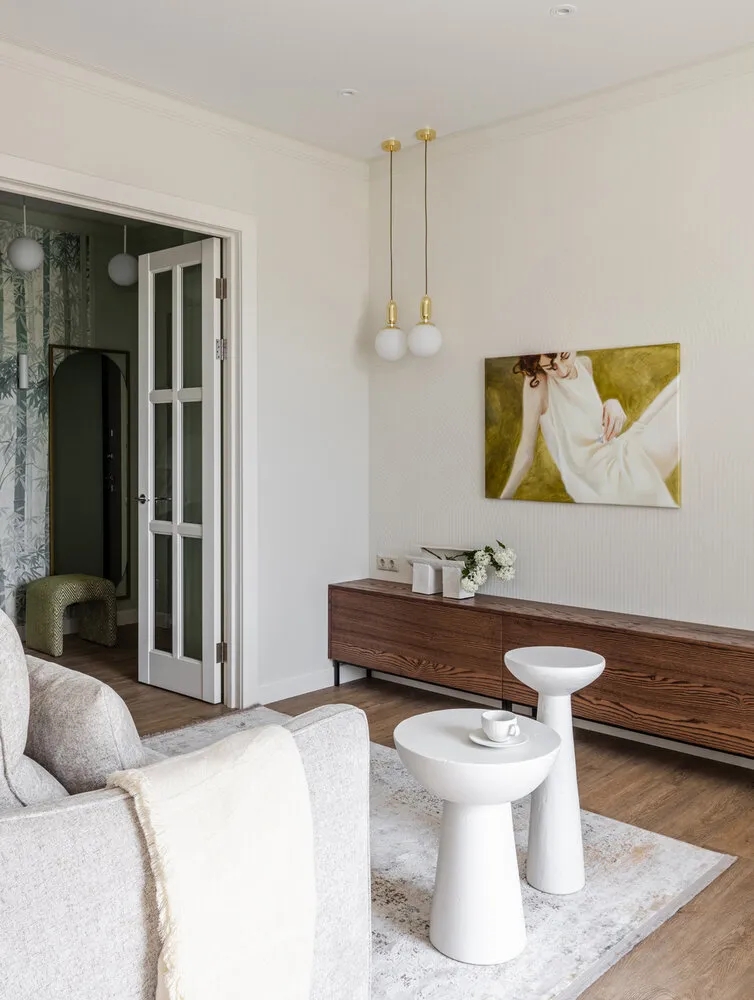 Design: Yuri Vorobiev
Design: Yuri VorobievSome of them were specifically requested by the owner to be made so that a parrot could land on them: the designer turned this wish into an interesting touch. This shows how even a utilitarian object can work on aesthetics.
Integrate technical elements so they don’t stand out
The gas meter and pipe were not a problem: they were hidden in a sleek white housing that visually blends with the wall. This is an example of smart work with existing layout without relocating utilities.
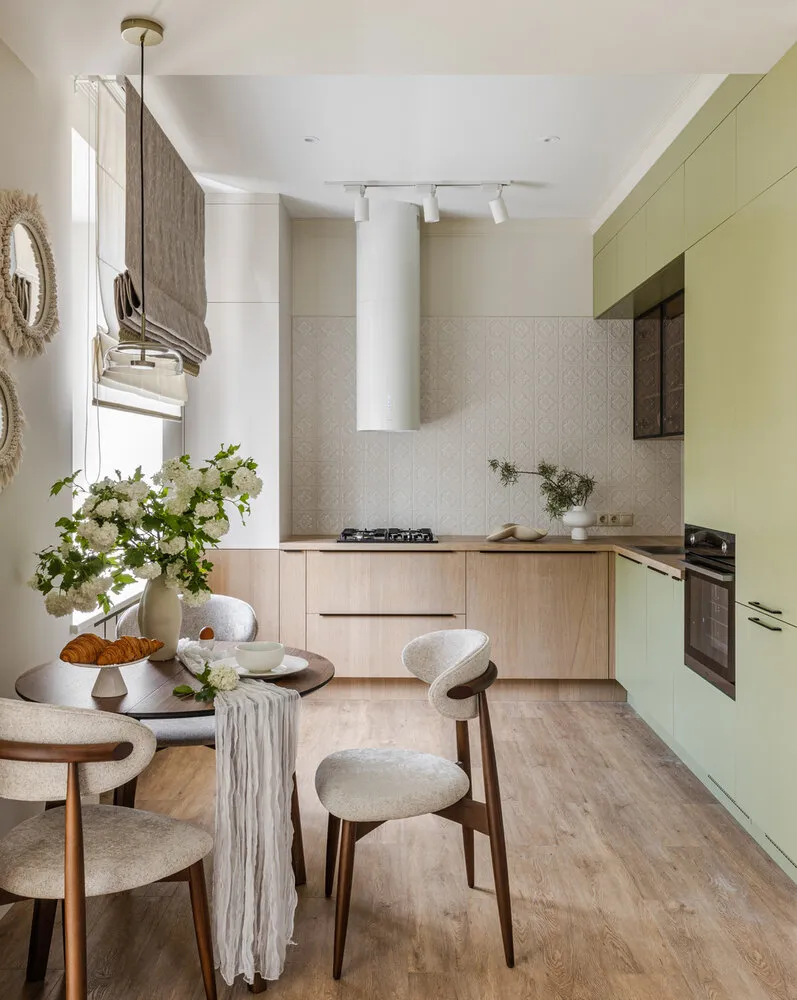 Design: Yuri Vorobiev
Design: Yuri VorobievIn a small kitchen, avoiding visual clutter is important: a neutral element works toward an overall sense of order. This technique can be applied anywhere — from ventilation to a router.
Simplify the geometry of space, not style
Even in Stalin-era apartments with awkward corners, it’s possible to achieve a harmonious layout — and this project proves it. The rearrangement left the zoning in place but freed up more air by removing a partition between the kitchen and living room.
 Design: Yuri Vorobiev
Design: Yuri VorobievThe space became lighter and brighter, while the curved lines of furniture and architectural elements (such as a soft corner in the entrance hall) visually soften geometry. This is a simple but effective way to eliminate the feeling of angularity without extra decoration.
Unify with color, not by matching furniture
The green tone is repeated in the interior but in different materials: paint on walls, furniture panels, decorative elements. This approach works better than complete texture and form matching — it’s alive yet cohesive.
 Design: Yuri Vorobiev
Design: Yuri VorobievA natural palette becomes a unifying force. The perfect solution for those who want to add color but fear it will look too busy.
Maintain the theme throughout, even in utilitarian zones
Even the bathroom in this project follows the overall atmosphere. Here, too, there is a warm palette, an accent wall, and a mirror with an unusual frame. There are no “forgotten” zones in the interior — each one is consistent and contributes to a unified image of the apartment.
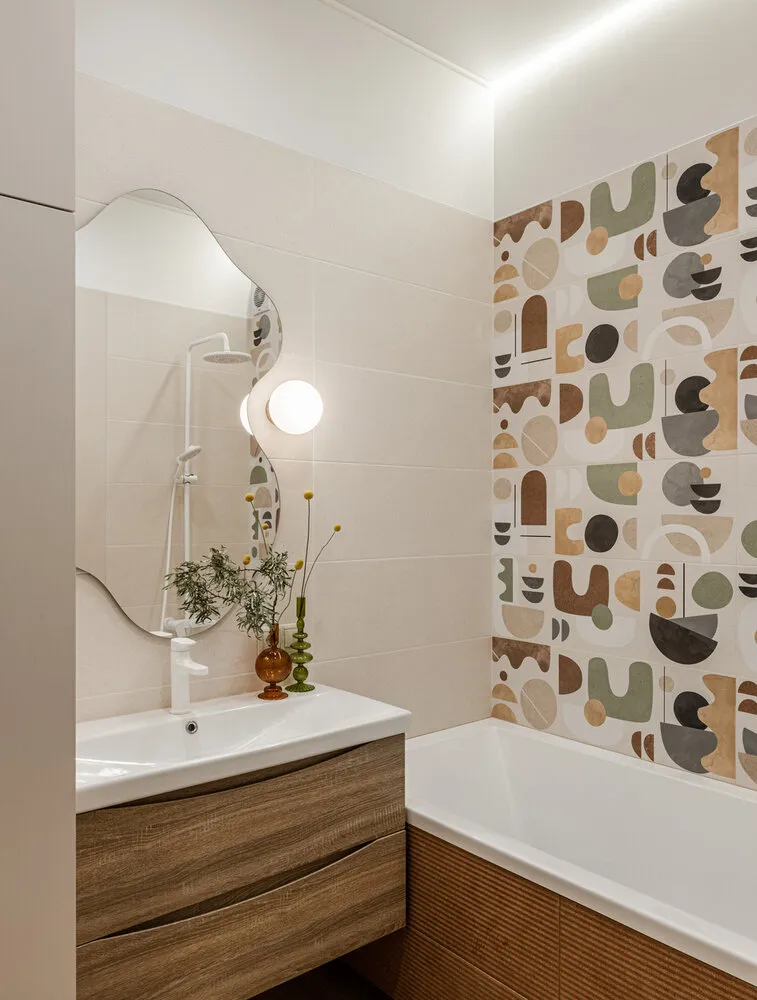 Design: Yuri Vorobiev
Design: Yuri VorobievThis is another reminder that a thoughtfully designed interior works when all elements work together to create the desired effect.
Need a renovation specialist?
Find verified professionals for any repair or construction job. Post your request and get offers from local experts.
You may also like
More articles:
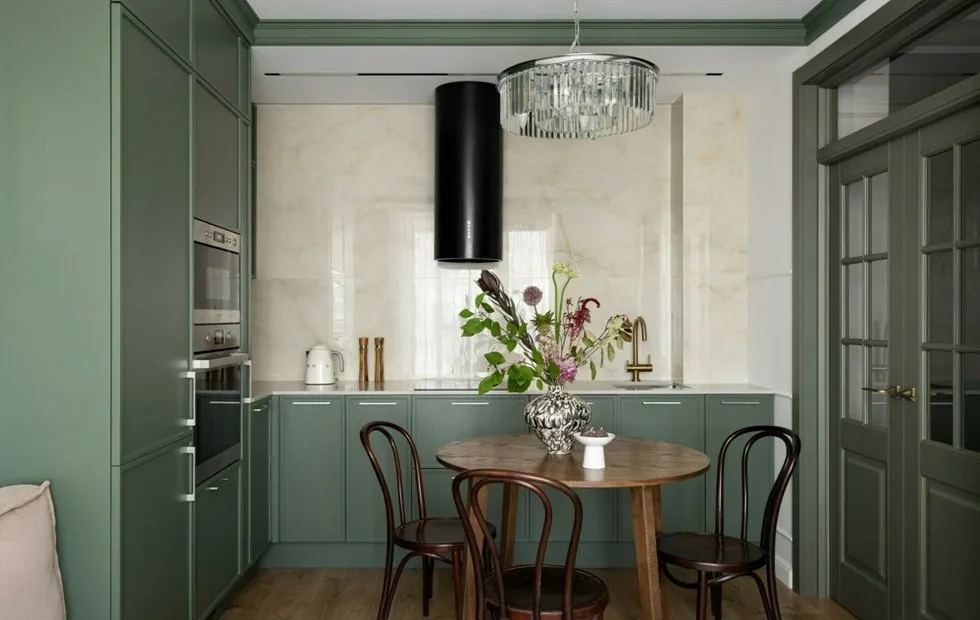 Your Kitchen Is Outdated: 5 2025 Trends You Can Easily Replicate
Your Kitchen Is Outdated: 5 2025 Trends You Can Easily Replicate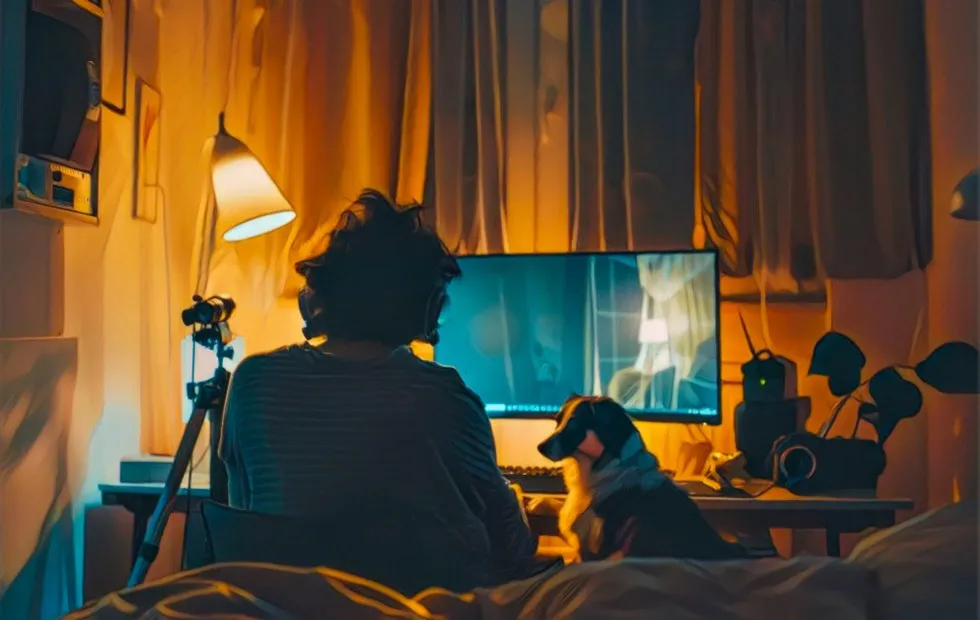 Don't Miss Out: 5 New Movies and Shows April 2025
Don't Miss Out: 5 New Movies and Shows April 2025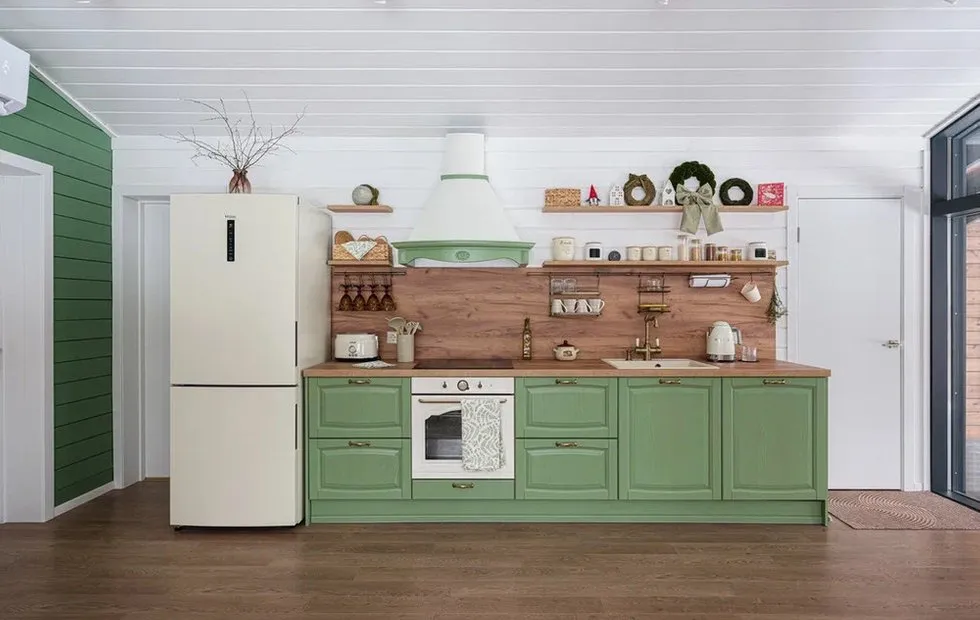 Technologies in Irina Bezuglova's House: What Surprised Us
Technologies in Irina Bezuglova's House: What Surprised Us How to Organize Storage in a Tiny Entryway the Size of a Matchbox: Designer's Guide
How to Organize Storage in a Tiny Entryway the Size of a Matchbox: Designer's Guide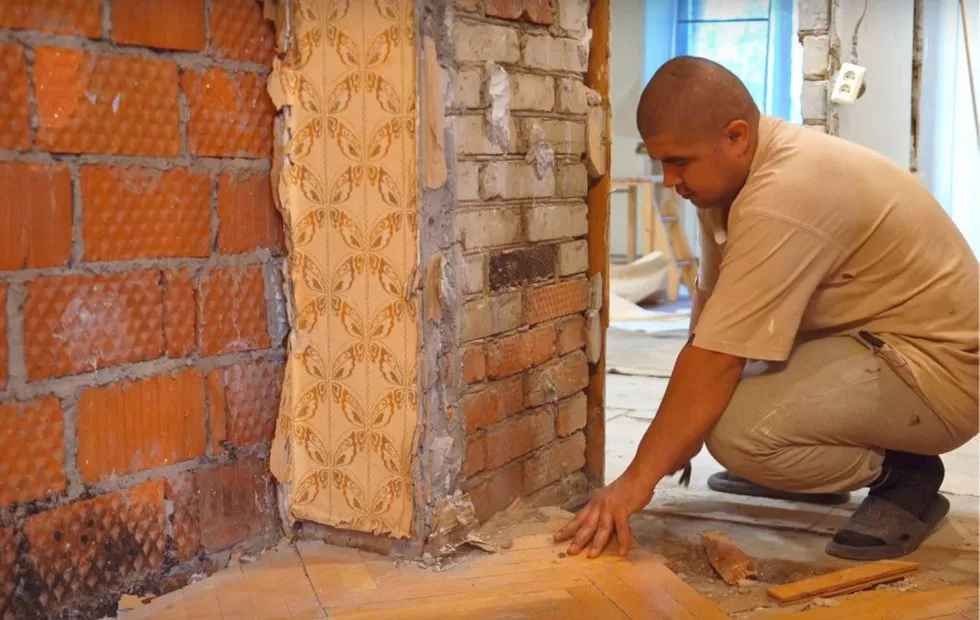 Most Expensive Mistakes in Renovation: Why Money Disappears and Results Are Not Visible
Most Expensive Mistakes in Renovation: Why Money Disappears and Results Are Not Visible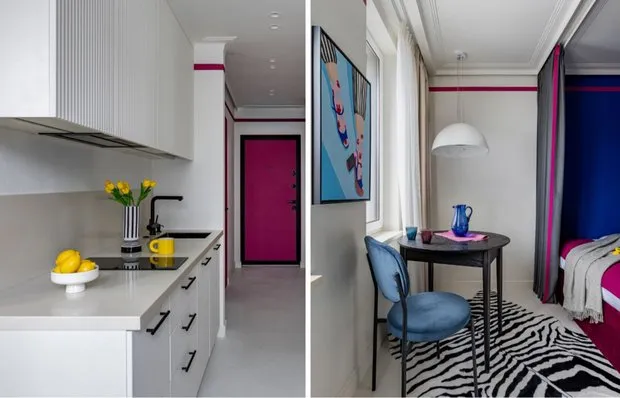 How to Make a Compact Apartment Comfortable and Stylish: 6 Interesting Ideas
How to Make a Compact Apartment Comfortable and Stylish: 6 Interesting Ideas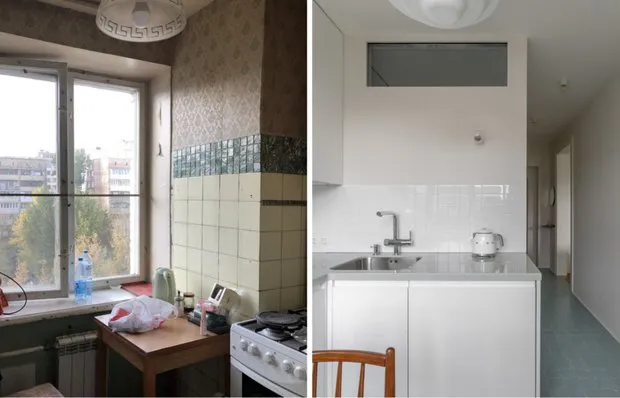 Before and After: Tiny Bright Kitchen in a Brezhnev-Era Apartment 45 m²
Before and After: Tiny Bright Kitchen in a Brezhnev-Era Apartment 45 m²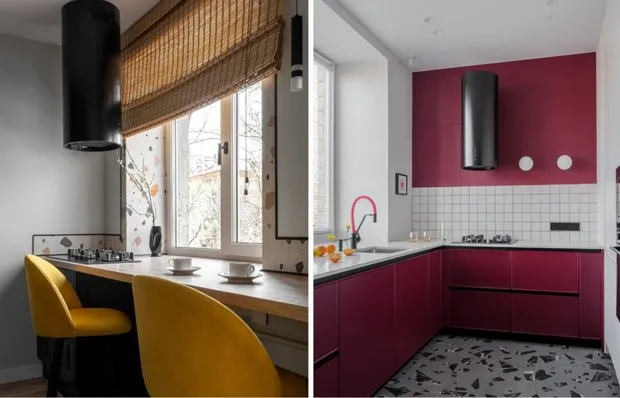 How to Make a Kitchen Interior Comfortable: 10 Simple and Effective Ideas
How to Make a Kitchen Interior Comfortable: 10 Simple and Effective Ideas